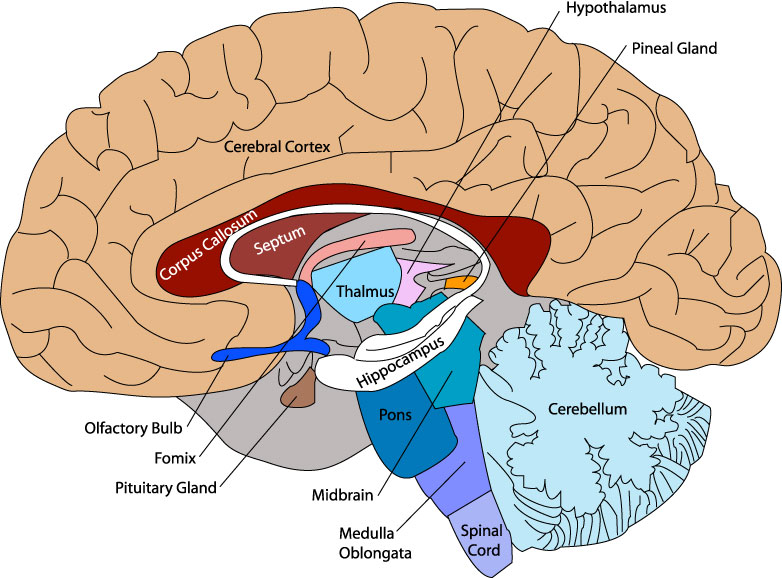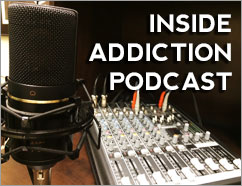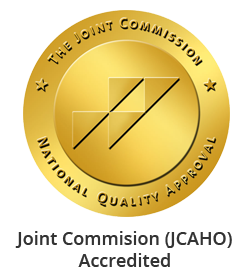Codeine is an opioid usually used as a pain reliever. Due to its common usage for back as well as other chronic pain, Codeine is known to be extremely addictive. The World Health Organization calls codeine the most commonly used drug. It is extracted from opium but it is most often synthesized from morphine.
Codeine is a Drug Used in Many Prescription Medications Including:
- Tylenol with Codeine
- Pirophen
- Cough syrups(over-the-counter)
- Codalgin
- NurofenPlus
- Mersyndol
- Panadeine
Codeine attaches to receptors in the body’s central nervous system, the brain, spinal column and gastrointestinal system, and partners with opioids that the body produces naturally such as endorphins and enekphalins.
Codeine can be ingested in liquid as well as pill form and in a number of cases, it is added to marijuana and smoked. Codeine is abused in high doses because it causes feelings of euphoria and excitement. Just like many other drugs, continual use of Codeine can lead to increased tolerance. This results in individuals self-medicating on their own and taking more of the drug than what had been prescribed. This often leads to dependency and abuse.
In a 2009 SAMHSA survey, prescription drugs like Codeine were the second most widely abused drugs in the U.S. with close to 6.2 million users above the age of 12.
The easy availability of the drug (through friends and family) only increases the number of instances of prescription drug abuse.
What are the Short-term Side Effects of Codeine Abuse?
- Drowsiness
- Itching
- Vomiting
- Rashes
- Lack of Sexual Drive
- Erectile Dysfunction
- Depression
- Constipation
- Dry mouth
- Nausea
Codeine abuse can cause respiratory failure and in extreme cases, death.
Increased doses of Codeine can slow breathing, heart rate and blood pressure to deadly levels. Additionally, Codeine can be transmitted to children through breastfeeding mothers via breast milk in dangerous amounts. Codeine abuse can stop brain activity or lower its production of endorphins that cause intense pain without the drug.
Symptoms of Extended Codeine Abuse Include:
- High blood pressure
- Constipation
- Nausea
- Stomach ulcers
- Liver damage
Withdrawal Symptoms of Codeine Abuse:
- Pain
- Chills
- Weakness
- Extreme irritability
- Runnynose
- Insomnia
- Muscle Spasms
- Sweating
- Yawning
- Cramps
- Nausea
- Vomiting
- Diarrhea
Codeine abuse or misuse is not something to take lightly and it is more common than many people expect, due it’s easy availability. While adults often misuse Codeine, it can also be a popular drug for teens.







